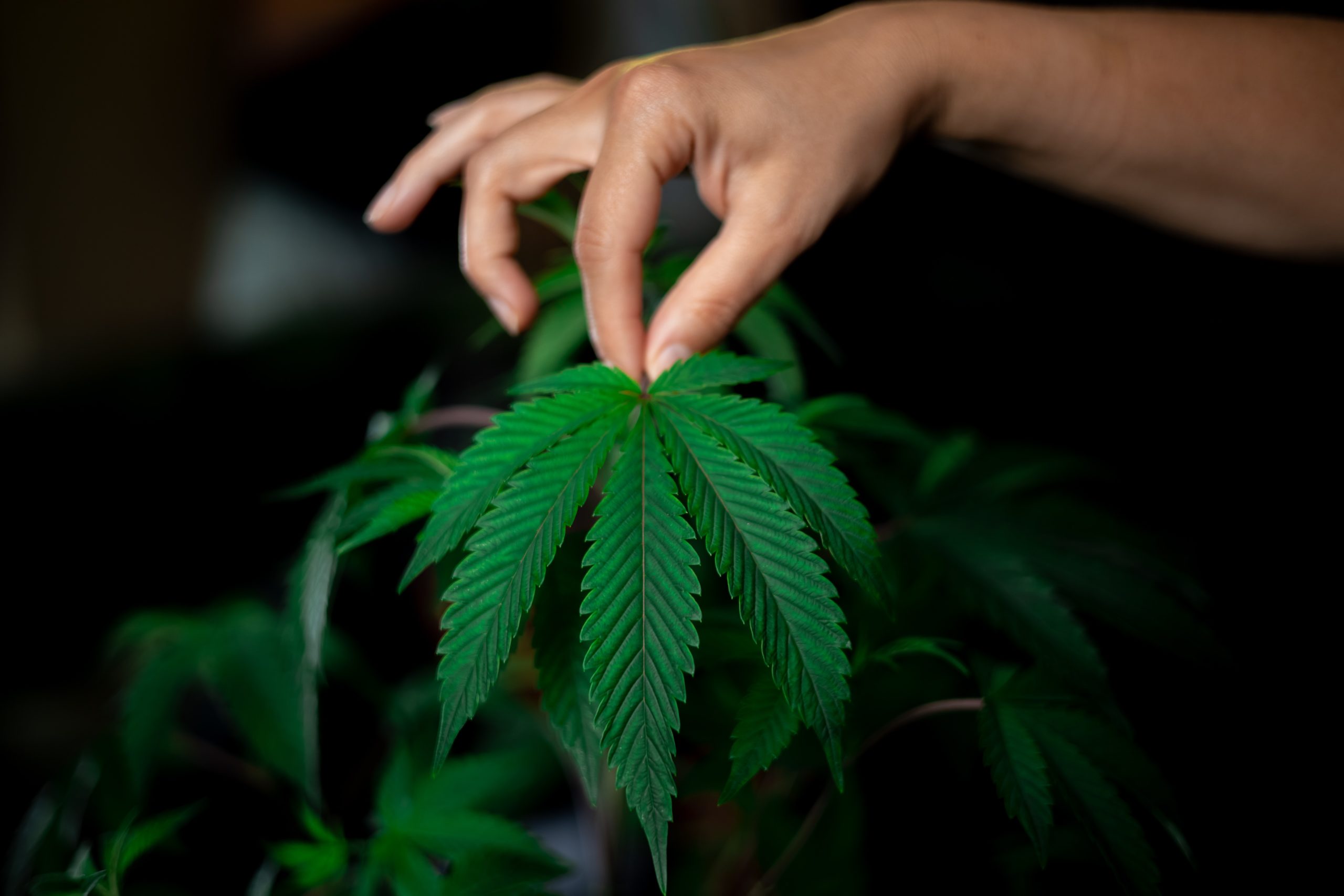
In a remarkable step towards promoting community safety and well-being, New Jersey’s state program, initiated in 2021, continues to make strides by allocating $15 million to bolster Community-Based Violence Intervention (CBVI) programs. Governor Phil Murphy and Attorney General Matthew J. Platkin unveiled this groundbreaking initiative, which earmarks a portion of its funding from the cannabis tax revenue, aimed at supporting community-led organizations committed to violence prevention.
Since its inception, the Murphy administration has channeled over $40 million into CBVI programs, exemplifying a strong commitment to reducing violence across the state. This year, a significant portion of $5 million has been allocated to the initiative from the Cannabis Regulatory, Enforcement Assistance, and Marketplace Modernization Fund.
In a statement, Governor Murphy highlighted the program’s dedication to eradicating violence-ridden pockets within the state. He expressed gratitude for the unwavering commitment of Attorney General Platkin and his team in creating safer communities through initiatives like CBVI programs.
The CBVI programs concentrate on implementing “interventions and protective activities” in regions where violence is most rampant. Utilizing a public health approach to disrupt cycles of violence, particularly gun violence, these initiatives encompass diverse strategies such as mentoring programs, street outreach, trauma support services, de-escalation training for high-risk individuals, targeted afterschool activities, and vocational training.
Emphasizing the paramount importance of public safety, Attorney General Platkin underscored the administration’s holistic approach, directing support towards community-led violence intervention efforts that operate at the grassroots level. He credited Governor Murphy’s leadership for perpetuating the state’s historic investment in this critical endeavor, ensuring that resources flow to grassroots organizations in alignment with the state’s public safety mission.
Eligible applicants seeking a share of the available funds (up to $750,000) must demonstrate a track record of success in violence intervention work. Applications can be submitted to the Department of Law and Public Safety until September 26, falling within two categories: “Tertiary Prevention” encompasses services like de-escalation, mediation, mentorship, and street outreach teams, while “Primary or Secondary Prevention” targets violence-prone areas with a history of high violence rates.
This marks the third consecutive year of the CBVI funds’ allocation, with the program’s scope expanding to include 31 community organizations statewide. In 2022, the program allocated a portion of $20 million to bolster violence intervention efforts, following the initial offering of $10 million in 2021.
The trend of states utilizing cannabis tax funds for community benefits is not unique to New Jersey. California, for instance, has allocated a portion of its $48 million cannabis tax revenue to support local organizations. This funding aids a range of initiatives such as equity-focused organizations, public health agencies, and youth support programs, reflecting a growing trend in utilizing cannabis revenue for societal betterment.
Furthermore, California’s cannabis tax revenue has fueled various grant programs aimed at community development. Initiatives, such as the Local Jurisdiction Retail Access Grant, have distributed millions to local governments, facilitating the creation of cannabis licensing programs in regions that permit cannabis businesses.
Governor Murphy’s commitment to enhancing public safety was evident in February 2021 when he signed the New Jersey Cannabis Regulatory, Enforcement Assistance, and Marketplace Modernization Act into law, officially legalizing adult-use cannabis. The implementation of adult-use cannabis sales in April 2022 marked a significant milestone, resulting in a surge of licensed cannabis businesses from the initial 13 to 24 within a year.
Sales data from Q3 2022 reported an impressive figure of over $100 million in adult-use cannabis sales. Jeff Brown, Executive Director of the New Jersey Cannabis Regulatory Commission, noted that this is merely the beginning of the state’s cannabis potential. With 36 annual licenses awarded, including 15 for dispensaries, Brown anticipates market growth through increased competition and expanded locations, leading to a broader customer base and potentially more accessible prices.
Recent data from the New Jersey Cannabis Regulatory Commission highlights the sector’s robust performance, with Q1 2023 recording significant figures of $474,407,516 in recreational cannabis gross receipts and $204,731,182 in medical cannabis gross receipts.
New Jersey’s groundbreaking approach to violence prevention through CBVI programs, fueled by cannabis tax revenue, stands as a testament to the state’s commitment to community safety. By investing in grassroots organizations and innovative strategies, the state continues to pave the way for societal betterment, illustrating the potential for positive change that can arise from effectively utilizing cannabis tax funds.
Source: HighTimes
EXPLORE MORE NEWS
Newsletter




